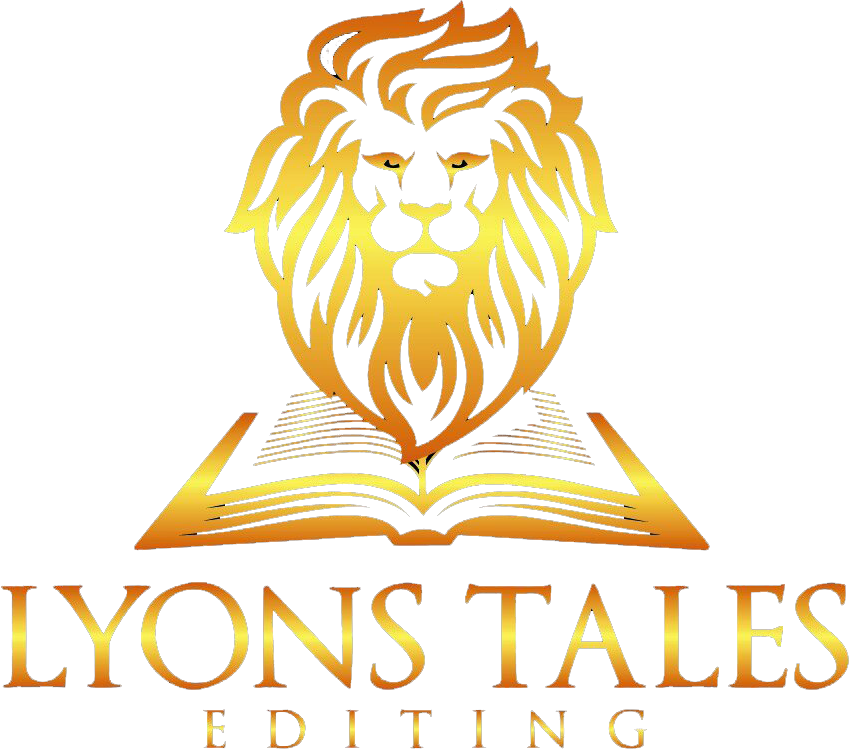A Beginner's Guide to Writing Your First Novel
The idea of writing a novel can be both thrilling and daunting, especially for aspiring writers taking their first steps into the expansive world of fiction. Crafting a novel is a journey filled with creativity, dedication, and the willingness to embark on an adventure into the realms of your imagination. We’re about to explore practical tips and guidance on how to start writing your very own novel.
Define Your Genre and Theme
Before you put pen to paper or fingers to keyboard, take some time to define the genre and theme of your novel. Whether it's a mystery, romance, fantasy, or a blend of genres, having a clear idea of what you want to write about will provide a solid foundation for your story.
Create a Compelling Premise
Develop a captivating premise that will serve as the backbone of your novel. What’s the central conflict or dilemma your characters will face? Crafting a compelling premise will guide your storytelling and keep both you and your readers engaged throughout the writing process.
Build Memorable Characters
Spend time creating well-rounded and relatable characters. Develop their backgrounds, motivations, and quirks to make them feel authentic. As you write, your characters will drive the narrative, so invest in their depth and complexity.
Establish a Writing Routine
Consistency is key when it comes to novel writing. Set aside dedicated time each day or week to work on your novel. Having a routine not only helps you make progress but also fosters discipline in your writing practice.
Start Small with Outlines
Outlining your novel can provide a roadmap for your writing journey. Start with a basic outline that includes key plot points, character arcs, and major events. This will give you a sense of direction while still allowing for flexibility and creativity.
Write the First Draft – Embrace Imperfection
Don't be afraid to write a messy first draft. The initial goal is to get your ideas on paper and let the story flow. You can always refine and revise later. Perfection comes in the editing phase, so focus on the joy of creation during this stage.
Join Writing Communities
Connect with fellow writers through online forums, workshops, or local writing groups. Sharing experiences, receiving feedback, and learning from others can be invaluable as you navigate the novel-writing process.
Celebrate Milestones
Writing a novel is a significant achievement, and it's essential to celebrate milestones along the way. Whether it's completing a chapter, reaching a word count goal, or finishing the first draft, acknowledging your progress will help keep you motivated.
Revise and Edit
Once your first draft is complete, take a step back before diving into revisions. Evaluate your story's pacing, character development, and overall structure. Be prepared to make necessary changes to enhance the coherence and impact of your narrative. If you’re not confident, or need another opinion, seek the help of an editor to get an outsider’s perspective.
Seek Feedback and Stay Persistent
Share your work with trusted friends, beta readers, or writing groups for constructive feedback. Use this input to refine your novel further. Remember, writing a novel is a journey that requires persistence and resilience. Keep going, even when faced with challenges.
Embrace the joy of storytelling and the creative process, and you'll discover the incredible satisfaction that comes with crafting a novel of your own.




